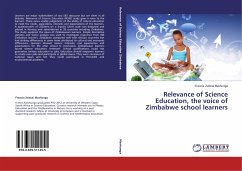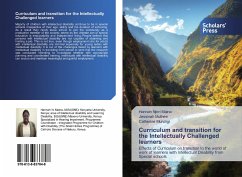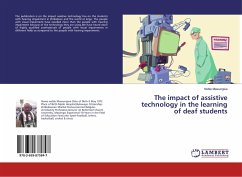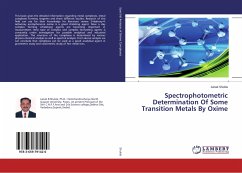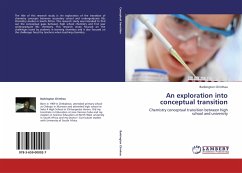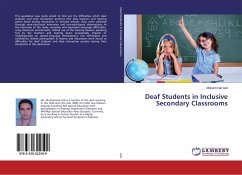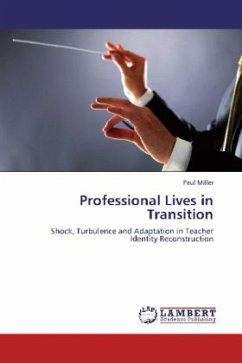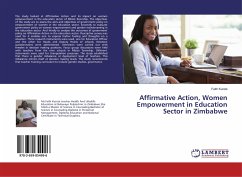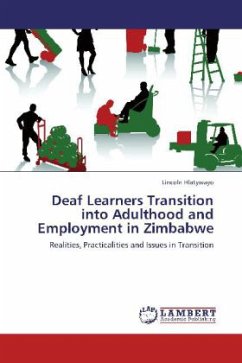
Deaf Learners Transition into Adulthood and Employment in Zimbabwe
Realities, Practicalities and Issues in Transition
Versandkostenfrei!
Versandfertig in 6-10 Tagen
39,99 €
inkl. MwSt.

PAYBACK Punkte
20 °P sammeln!
The education of learners with hearing impairments has been controversial for the past decades. While many governments worldwide have managed to provide basic education to learners with hearing impairments their quality of life seem to remain low especially in the developing world like Zimbabwe.This research was carried to establish the factors that affect the effective transition of learners with hearing impairments from school into adulthood and employment in Harare Province.Representative sample consisted of 10 school managers, 10 leaders of organizations for the Deaf, 10 employers and 10 D...
The education of learners with hearing impairments has been controversial for the past decades. While many governments worldwide have managed to provide basic education to learners with hearing impairments their quality of life seem to remain low especially in the developing world like Zimbabwe.This research was carried to establish the factors that affect the effective transition of learners with hearing impairments from school into adulthood and employment in Harare Province.Representative sample consisted of 10 school managers, 10 leaders of organizations for the Deaf, 10 employers and 10 Deaf traders in the streets. The results showed that transitional services in special secondary schools for the deaf were neither comprehensive nor follow a and specific structure. It was also found that the community does not involve people who are deaf in its activities. In addition, deaf workers were found to be competent in employment but lacked certain attributes such as self advocacy. Recommendations made include the need for clear transition policies and schools to develop individual transition plan.



